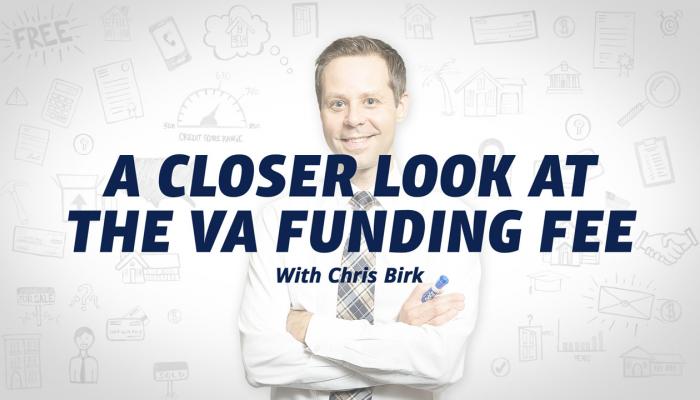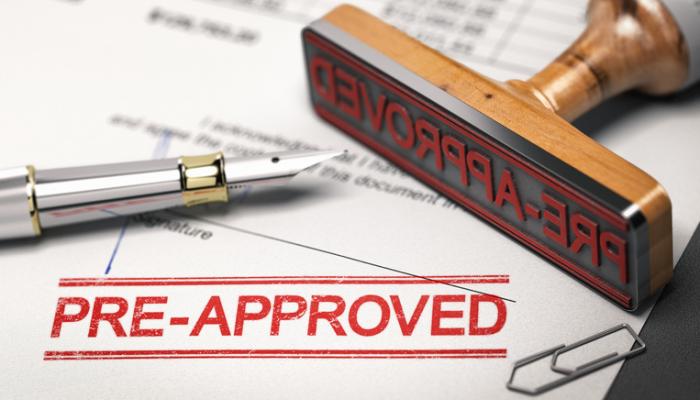The VA loan program was created to help open the doors of homeownership to more Veterans, military members and their families. This program focuses on helping qualified borrowers purchase residential properties they’ll live in as a full-time home.
Let’s take a closer look at some of the acceptable and unacceptable uses of VA loans.
Acceptable VA Loan Uses
The VA home loan can be used for:
- Single-family homes. The single-family home is the bread-and-butter of the VA loan program. Single-family homes are a great option for a multitude of buyers, and they’re the most commonly purchased property of VA loan recipients. Tiny homes may be eligible depending on the lender and other factors.
- Condominium unit in a VA-approved development. Condo developments need to be approved by the VA. Your lender and a VA-savvy real estate agent can help you identify suitable properties on the approved list. You can also ask the VA to approve a development that isn’t on the list. But understand that process can take months to complete.
- New construction. The VA also allows for a 0% down VA construction loan to build a new home. But it’s difficult to find lenders willing to actually fund the construction of a new home in today’s economic environment. A more common approach is to obtain a construction loan from a builder and then refinance the short-term loan into a VA loan.
- Manufactured homes. The VA does allow for manufactured homes, but it can be difficult to find VA lenders willing to finance these properties. Manufactured homes generally decrease in value over time, making them a risky investment for lenders. Veterans United does currently lend on manufactured housing in some cases.
- Modular homes. You can also use a VA loan to purchase a modular home. These are not the same as a manufactured or mobile home. Mobile homes are built to national HUD standards and have a HUD identification tag. Modular homes are typically built on-site using prefabricated pieces. Purchasing a new modular home may require the use of a construction loan. Buying an existing modular home is treated like any other stick-built home.
- Multiunit property. Military buyers can purchase up to four one-family residential units in a multiunit property. At least one of those units must be used as the buyer’s primary residence. Duplexes are among the most common types.
- Farm residence. Service members can buy a house on farm acreage if they intend to live in the home as a primary residence.
- Refinancing an existing VA loan. You can use a VA Streamline to refinance an existing VA loan into a lower rate or out of an adjustable-rate mortgage. There are little to no out-of-pocket costs, and no VA appraisal is required in most instances.
- Refinancing a non-VA loan. A VA Cash-Out refinance is available for those with a VA or non-VA loan looking to take advantage of their home's equity to access cash for home improvements, emergencies, pay off debt or any other purpose.
- VA Energy Efficient Mortgage. Purchase or refinance and include qualified energy efficiency improvements with a VA Energy Efficient Mortgage. The home updates must increase the home’s overall energy efficiency and some improvements may be ineligible.
Learn more about what properties are eligible for a VA loan.
Answer a few questions below to speak with a specialist about what your military service has earned you.
Unacceptable VA Loan Uses
The VA loan program has certain restrictions on what it will finance. A VA loan cannot be used for:
- Purchasing a home as an investment property. Veterans can’t use VA financing to purchase a home solely as an investment property. VA loans are designed to fund primary residences for service members.
- Purchasing a business. VA loans can’t be used to purchase a storefront, office space or any other non-residential properties.
- Buying unimproved land. Veterans can’t use VA loans to purchase solely land or farm ground that does not contain the borrower’s primary home. You also can’t buy land with the intent of someday putting a house on it.
- Buying a home overseas. VA loans can only be used for properties in the United States and its territories, which include American Samoa, Guam, the Northern Mariana Islands, Puerto Rico and the U.S. Virgin Islands.
It’s important to know that lenders are free to add their own property restrictions to this list. For example, many VA lenders won’t offer financing for manufactured homes (Veterans United does in certain cases). Others might decline to lend on properties like a working farm or a geodesic dome. Acceptance or denial from one lender does not necessarily translate into acceptance or denial from all lenders.
» CALCULATE: Calculate your VA Loan savings
VA Adaptive Housing Grants
Disabled Veterans may have distinct needs when it comes to housing. That can prove a challenge during the house-hunting stage. The VA has two grant programs that can help Veterans with certain permanent and total service-connected disabilities build or modify a home to best meet their needs.
One is the Specially Adapted Housing (SAH) grant, and the other is the Special Housing Adaptation (SHA) grant. Renovations and modifications can include accessible bathrooms, bedrooms and kitchens; specially sized doorways; garages and carports; retrofitted faucets and showerheads; ramps and banisters; and a host of other important changes.
The maximum dollar amount available for these grants is set by law but can change annually depending on construction costs and other factors. Veterans interested in exploring the SAH and SHA grants can apply online through the VA's eBenefits portal or contact their nearest VA regional office (1-800-827-1000) for more information.
The Advantages of Using a VA Loan
While it may not be for everyone, a VA mortgage remains an amazing opportunity.
According to the VA, about 75% of VA homebuyers purchase with no money down. Despite that flexibility, these loans have had the lowest foreclosure rate of any loan product for most of the past 15 years. VA lenders are generally looking for at least a 620 credit score, which is well below what you'd typically need for conventional financing (and that's typically going to come with a down payment of at least 5 percent).
Best of all, even in these tough economic times when traditional financing has become difficult to secure, VA mortgages are still making homeownership a reality for the men and women to whom America owes so much.
Related Posts
-
 2024 VA Funding Fee: Complete Explainer with Charts and ExemptionsThe VA funding fee is a governmental fee required for many VA borrowers. However, some Veterans are exempt, and the fee varies by VA loan usage and other factors. Here we explore the ins and outs of the VA funding fee, current charts, who's exempt and a handful of unique scenarios.
2024 VA Funding Fee: Complete Explainer with Charts and ExemptionsThe VA funding fee is a governmental fee required for many VA borrowers. However, some Veterans are exempt, and the fee varies by VA loan usage and other factors. Here we explore the ins and outs of the VA funding fee, current charts, who's exempt and a handful of unique scenarios. -
 Can Your Mortgage Be Denied After Preapproval?It is possible for you to get denied for a home loan after being preapproved. Find out why this may happen and what you can do to prevent it.
Can Your Mortgage Be Denied After Preapproval?It is possible for you to get denied for a home loan after being preapproved. Find out why this may happen and what you can do to prevent it.


